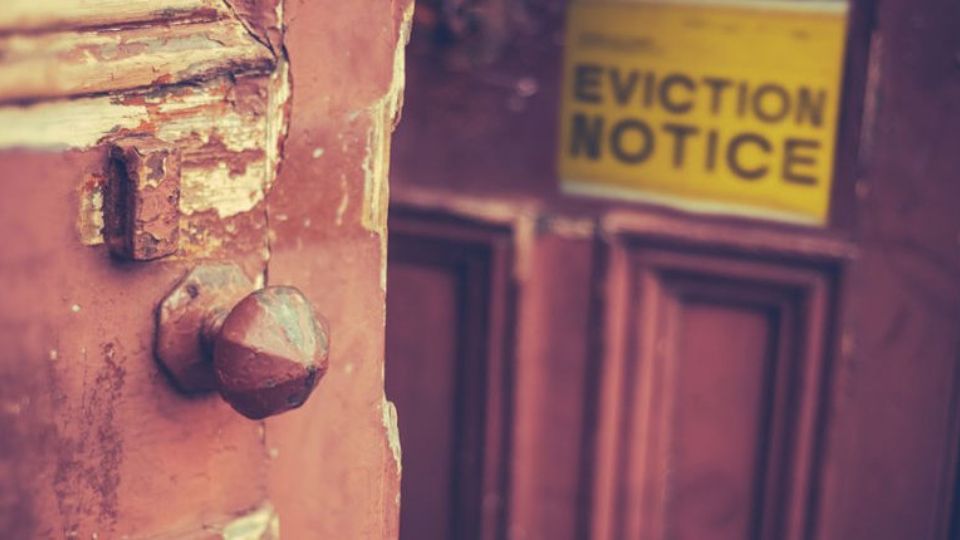A “Squatter” is someone who illegally occupies a vacant building or piece of land. In Florida, squatters have the ability to acquire rights to an empty property by following a procedure called adverse possession. These rights, commonly referred to as “Squatter’s rights,” enable a squatter to reside in and maintain possession of a property without buying it from the original owner.
Understanding Squatter’s Rights in Florida
Florida law grants legal protections and rights to individuals who occupy a property or piece of land that they do not own. Adverse possession, also known as squatter’s rights, is the legal process through which a squatter can become the legal owner of the property they have occupied.
Squatting vs. Trespassing in Florida
Occupying land without permission is illegal whether done by trespassing or squatting. Both involve individuals residing on vacant property without the owner’s consent. Nevertheless, the main distinctions between the two revolve around time and purpose. Intruders are usually transient, staying in a specific area briefly. They don’t reside on the property and have no plans to make it their permanent residence. However, squatters need to reside in an empty property for a long, continuous time. They need to take care of the property as if it were their own home and, after a certain period, they will apply for adverse possession. Keep in mind that every squatter is considered a trespasser, but not every trespasser is a squatter.
How Do Squatters Claim Adverse Possession in Florida?
Every state has its own set of requirements that squatters need to meet in order to establish adverse possession. In Florida, squatters need to meet five specific criteria before they can apply for legal rights to an empty property:
1. Hostile Possession
Here, the term hostile does not imply danger or violence. It suggests that a squatter is living in a property based on certain assumptions:
- They were unaware of an existing property owner
- They realize that their actions may be seen as a criminal offense
- They worked under the assumption of good faith, which occurs when the property has a defective deed or unclear title.
2. Possession in Reality
A squatter needs to reside in the property and act as if it is their own. Engaging in specific functional upkeep, covering utility costs, or making improvements to the property are all ways a squatter may consider a vacant property as their own. Yet, squatters are not considered tenants. They don’t pay rent and have no official legal agreement with the original property owner. In Florida, holdover tenants are not classified as squatters.
Also Read: These Squatters Rights in Nevada You Must Need to Know
3. Possession without interruption
For a squatter to claim possession, they must occupy a property continuously. Put simply, if a squatter is absent from the vacant property for an extended period of time, they forfeit their right to claim it as their home. In Florida, a squatter needs to occupy a property continuously for seven years to claim squatter’s rights.
4. Exclusive Possession
One squatter can occupy a vacant property without interruption. Simply put, a squatter cannot divide its possession with the owner or another squatter. Furthermore, several squatters are not eligible to seek possession of the identical property.



Leave a Reply